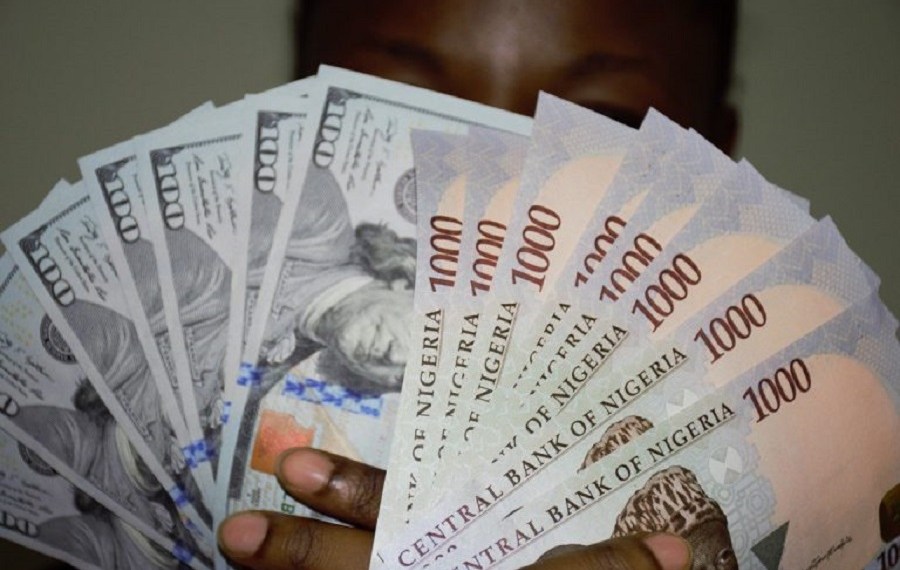
Aboki Naira To Dollar Black Market Rate Today 15th September 2024
As of September 15, 2024, the black market exchange rate for the Nigerian Naira against the US Dollar has shown a notable fluctuation, reflecting the ongoing economic pressures and policy impacts within Nigeria.
Here’s an in-depth look at today’s rates and what they signify for the economy and its citizens.
Trending Now!!:
Current Exchange Rates:
- Buying Rate: N1665 per USD
- Selling Rate: N1670 per USD
These figures, sourced from market activities in Lagos, one of Nigeria’s major financial hubs, indicate a slight depreciation of the Naira since the previous trading day. This movement in the black market rate, often referred to as the “Aboki rate,” underscores the persistent gap between the official rates set by the Central Bank of Nigeria (CBN) and what’s available in the parallel market.
Economic Context:
The Naira’s value has been under considerable strain due to various factors, including:
- Oil Prices: Nigeria’s heavy reliance on oil revenue means fluctuations in global oil prices directly impact the Naira’s strength. With oil prices being volatile, the Naira often mirrors this instability.
- Monetary Policies: The CBN’s policies, including its stance on foreign exchange, have led to a dual market where the official rate might differ significantly from what’s available on the street. This discrepancy encourages a thriving black market.
- Inflation and Local Economy: High inflation rates in Nigeria have not only eroded the purchasing power of the Naira but also increased the demand for dollars as a hedge against inflation, further weakening the local currency.
- Political Stability: Political events and the perception of governance stability play a crucial role. Any hint of instability can lead to a rush towards dollars, thereby weakening the Naira.
Implications for Nigerians:
- Cost of Living: A weaker Naira means imported goods become more expensive, directly impacting the cost of living. This scenario particularly affects urban populations where imported goods are more prevalent.
- Business Operations: For businesses, especially those involved in importation or with foreign transactions, the fluctuating rates add an element of risk and unpredictability. Many might opt for hedging strategies or adjust pricing, which could lead to higher consumer prices.
- Remittances: For a country that receives significant remittances, the exchange rate affects how much local currency families receive from abroad, potentially reducing the real value of these inflows.
Government and CBN Response:
The Nigerian government, through the CBN, has been attempting various strategies to stabilize the Naira, including:
- FX Market Reforms: Efforts to unify the various exchange rate windows have been discussed, aiming to reduce the arbitrage opportunities that fuel the black market.
- Tightening Controls: There have been moments of tightening foreign exchange controls, although this often leads to a stronger black market rather than stabilizing the currency.
- Economic Diversification: Long-term strategies to reduce oil dependency are in play, but these take time to yield results.
Conclusion:
As of September 15, 2024, the Naira’s dance with the dollar on the black market paints a picture of a currency under pressure, reflecting broader economic challenges.
While immediate solutions might seem elusive, the ongoing dialogue around economic diversification, improved governance, and perhaps a more flexible exchange rate regime could eventually lead to a more stable Naira. For now, Nigerians continue to navigate these economic waters, adapting to the ebb and flow of their currency’s value on the global stage.


